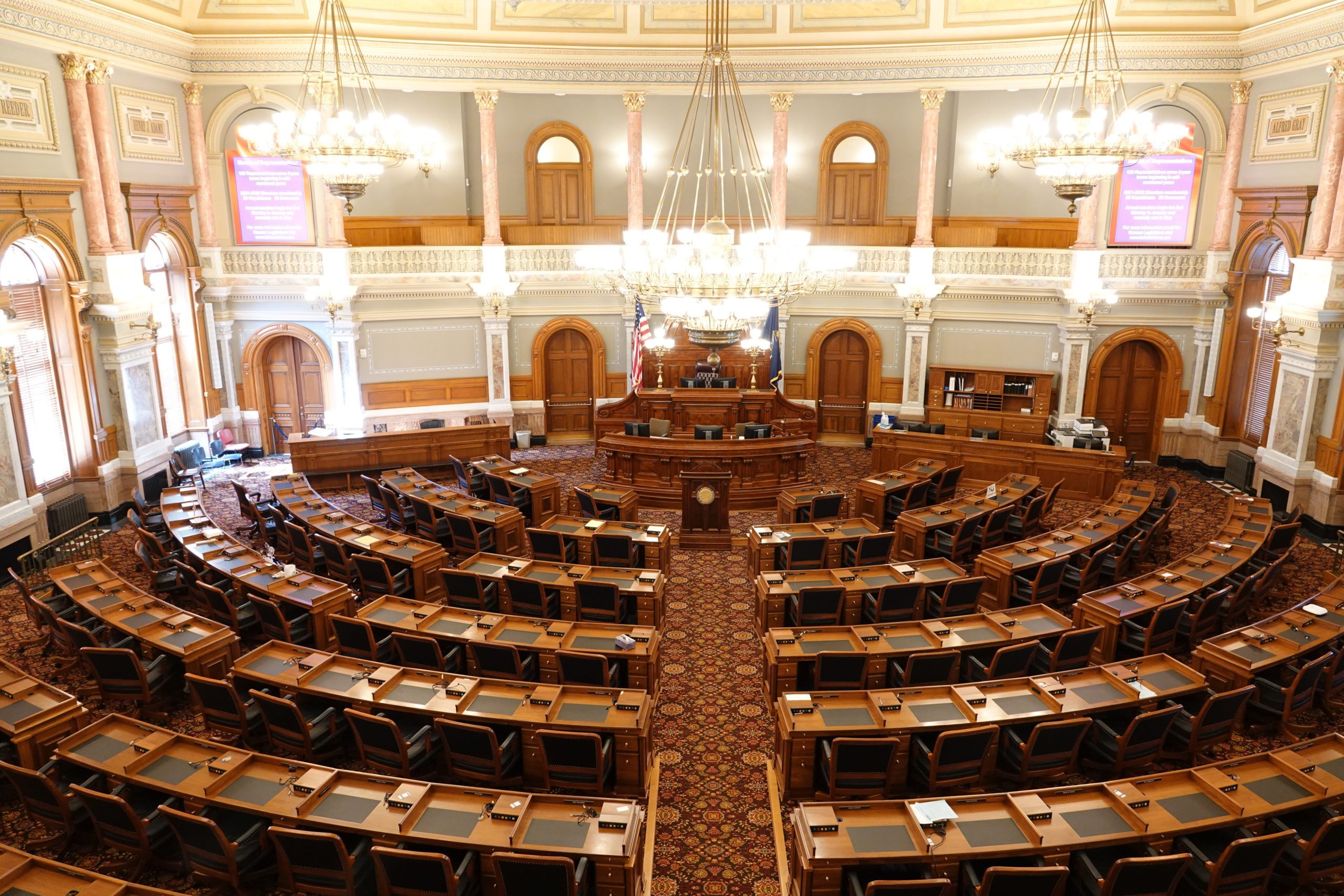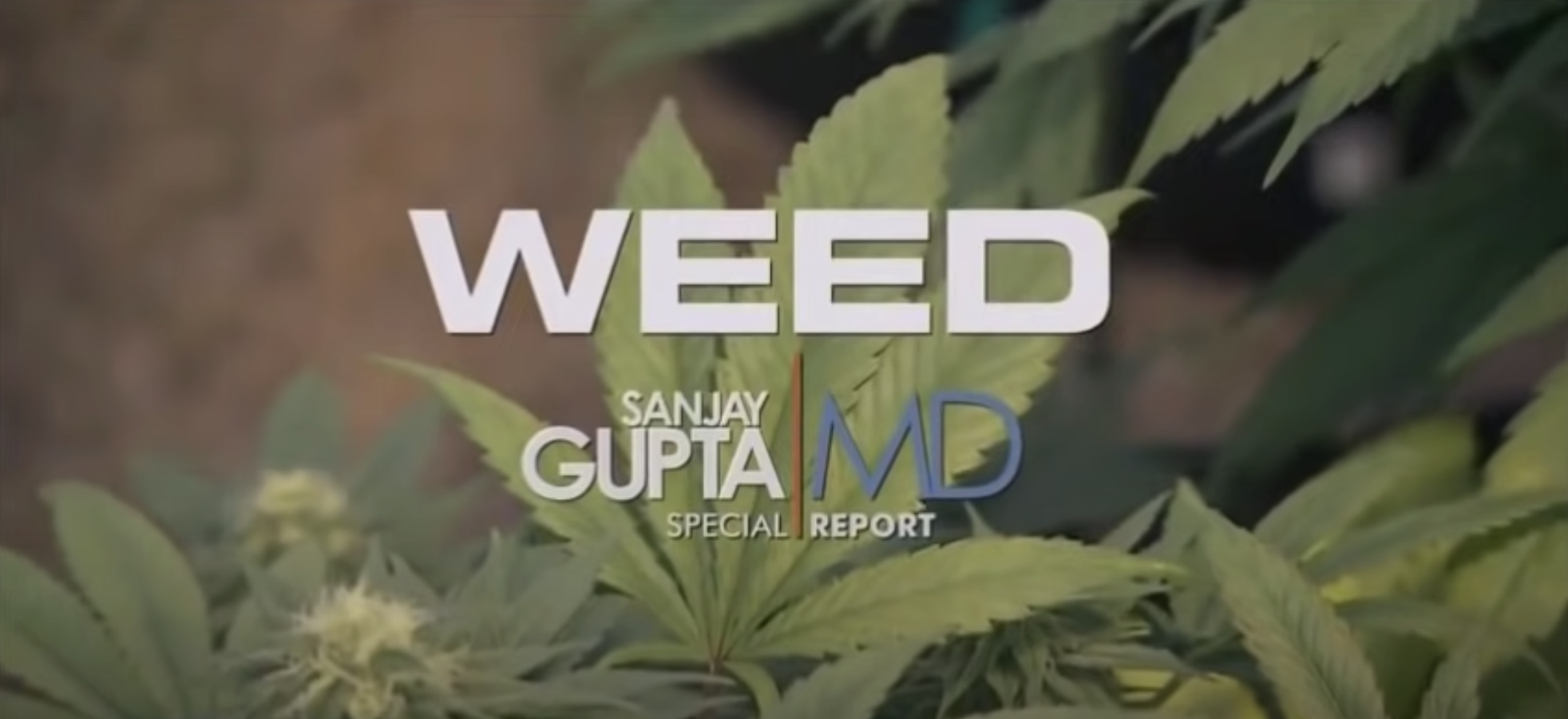
Global Cannabis Times recently reported that Nevada’s cannabis industry is on the brink of a major transformation following the recent passing of Senate Bill 277, a game-changing piece of legislation that promises to shape the future of recreational and medicinal marijuana in the state. Effective January 1, 2024, this bill brings a series of substantial changes, all aimed at enhancing customer experience, facilitating business operations, and promoting social equity within the cannabis sector.
Expanded Access for Recreational Users
With the implementation of SB 277, recreational cannabis customers in Nevada can now enjoy increased access to their favorite products. The bill raises the purchase limits for marijuana flower and THC concentrate, allowing customers to buy up to 2½ ounces of marijuana flower or one-quarter ounce of THC concentrate. This marks a significant increase from the previous limits of one ounce and one-eighth ounces, respectively. This change is expected to cater to diverse consumer preferences while bolstering the state’s cannabis retail market.
Streamlined Licensing for Retailers
In a move to simplify bureaucratic procedures and reduce administrative burdens, the new law requires retailers to obtain only one license to offer both recreational and medicinal cannabis products. Previously, businesses needed specific certifications for each category. This streamlined licensing process is projected to promote efficiency and foster a more conducive environment for cannabis entrepreneurs.
Integration of Medical-Grade Products
SB 277 brings medical-grade marijuana products into the mainstream by allowing them to be sold alongside recreational products. This significant development means that dispensaries require only one type of license to operate, enabling consumers to access high-potency products similar to those available to medical patients. This step aims to bridge the gap between the medical and recreational sectors, providing a wider range of options for consumers seeking potent cannabis products.
Opportunities for Ex-Convicts in the Cannabis Industry
The legislation takes an important stride towards social justice by creating an appeals process through the Nevada Cannabis Control Board for individuals with felonies. This allows them to apply for an agent card, granting them the opportunity to work within the state’s cannabis industry. By providing a pathway for ex-convicts to participate in the legal market, SB 277 seeks to foster inclusivity and create opportunities for those who were previously marginalized due to cannabis-related offenses.
Tax Reforms and Support for Education Campaigns
SB 277 introduces tax reforms to stimulate industry growth while promoting responsible consumption. The bill eliminates the excise tax on medicinal cannabis sales, which is expected to reduce financial burdens on both retailers and consumers. Furthermore, local governments can utilize tax revenue generated from cannabis sales to fund public education campaigns aimed at promoting safe consumption practices and distinguishing legitimate retail operations from illegal ones.
Financial Relief for Cannabis Establishments
Recognizing the importance of supporting the growth and competitiveness of the cannabis industry, SB 277 significantly reduces the annual and overhead startup fees imposed by the Cannabis Control Board. By easing financial burdens on cannabis establishments, this measure aims to encourage business expansion and innovation within the sector.
Conclusion
Senate Bill 277 represents a monumental leap forward for Nevada’s cannabis industry, ushering in a new era of accessibility, inclusivity, and growth. With expanded access for recreational users, streamlined licensing processes, and a commitment to social equity, the state is poised to set an example for other regions looking to strike a balance between responsible regulation and a thriving cannabis market. As the industry evolves under these landmark reforms, stakeholders and consumers alike are eager to witness the positive impact of SB 277 on Nevada’s burgeoning cannabis landscape.
Source: Global Cannabis Times
EXPLORE MORE NEWS
Newsletter




